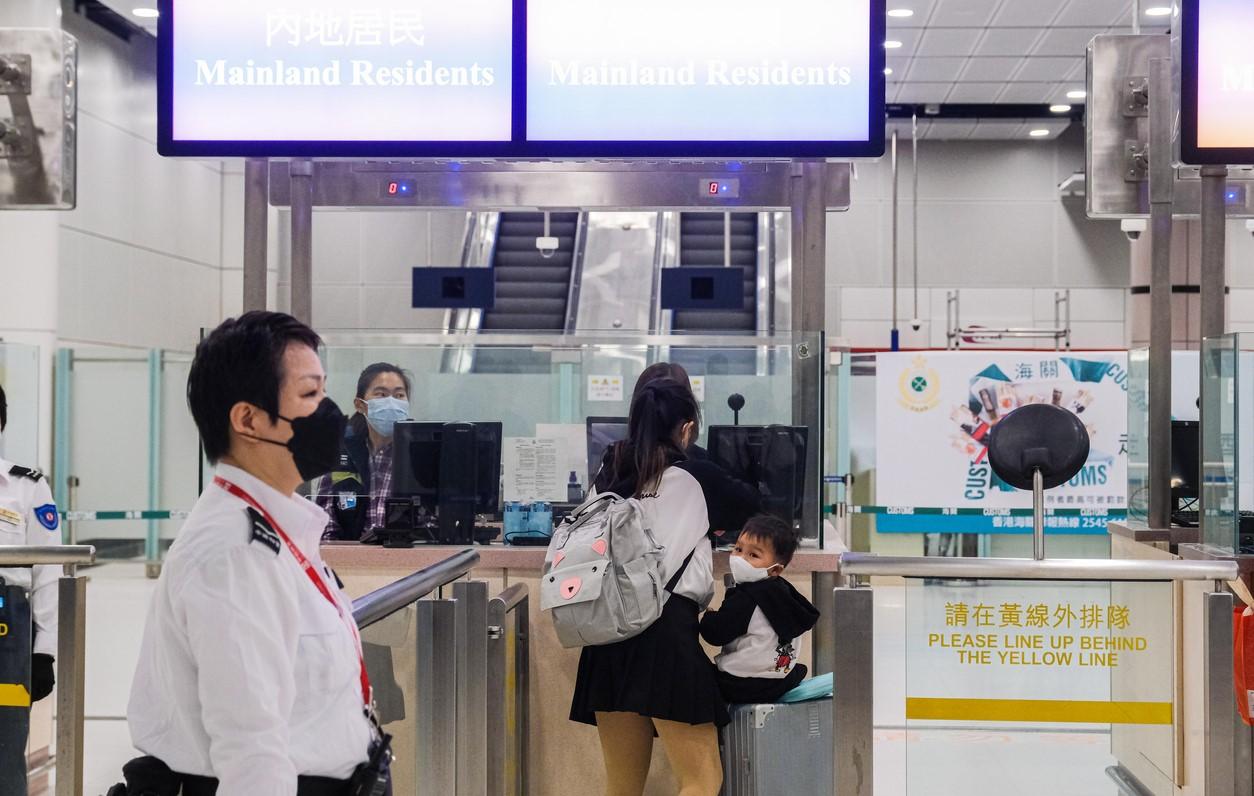After 3 years, China fully reopened its international borders yesterday, a move that comes amid a surge in the country's COVID-19 activity ahead of Lunar New Year travel.
Anticipating China's relaxed travel measures, several countries imposed negative-testing requirements on people coming from China. Likewise, China requires nucleic acid testing for inbound travelers 48 hours before departure.
Though the step may do little to curb the spread of the virus, given flare-ups in multiple parts of the world, many global health officials have raised concerns about the lack of clear epidemiologic information coming from China.
China's health authorities have a very narrow definition for COVID-19 deaths, counting only those for which respiratory failure was a direct cause. Despite media reports of overwhelmed health facilities and mortuary services, China's Center for Disease Control and Prevention yesterday reported only three COVID-19 deaths.
Clues from provinces, Paxlovid developments
Concerns are also rising about the wider impact of the outbreak on China's population. Health officials in Henan province said nearly 90% of the population has been infected with COVID-19, according to the BBC, though the timing for the infections isn't clear.
Presumably, most likely occurred after China hastily scrapped its "zero COVID" policy in the wake of major public protests. The Henan province health official, Kan Quancheng, said visits to fever clinics peaked on Dec 19 and have been decreasing.
China today signaled that it wouldn't include Pfizer's Paxlovid for reimbursement in its national insurance program owing to pricing issues, the Associated Press (AP) reported. Officials approved imports of the drug in February 2022.
Albert Bourla, Pfizer's chief executive officer, told CNBC today that the company is working with Chinese authorities to ship the drug. A media report said yesterday that China was reportedly in talks with Pfizer about a license that would allow a generic version of the drug to be made in China. However, Bourla said generic drug deliberations aren't underway, though Pfizer and China are discussing pricing, according to Reuters.
Record deaths in Japan
In other global COVID news, Japan continues to report daily record highs for deaths, averaging more than 400 per day, with seniors among the hardest-hit group NHK World-Japan reported.
India's health ministry said today that all Omicron SARS-CoV-2 subvariants have been detected in the country, though no spikes in transmission or deaths have been reported in regions in which the subvariants were detected, according to Reuters, which cited a health ministry statement.
In the United States, the 7-day averages new daily COVID-19 cases, hospitalizations, and deaths is still on the rise, according to Washington Post tracking. The daily average for cases is 67,514, up about 17% compared to last week. By the same measure, hospitalizations are up 6% and deaths are up 8%.
(Editorial note: This story was updated on Jan 10 to correct information about China's talks with Pfizer about Paxlovid.)





















